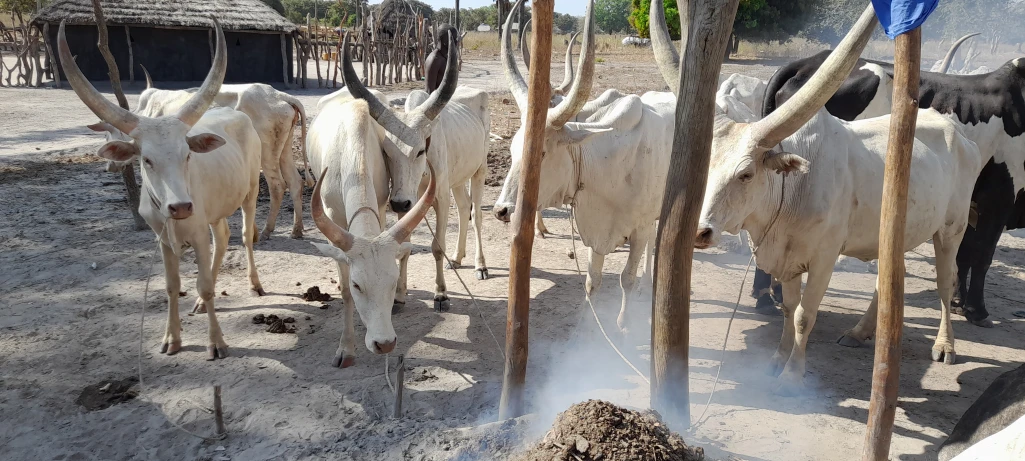
The administration of Baidit Payam of Bor County has blamed the attack in the area on lack of security presence.
On Friday, seven people, including four attackers, were killed in a cattle-related fighting at Ayen Dong-duor grazing area.
The deceased included a 60-year-old man and his son.
The Payam Administrator, Mayen Michael Amol, said the raiders were repulsed and cattle were rescued by the area armed youth.
“There is no police, or the army in the area, but the civilians themselves have organized themselves to provide security to their cattle and vulnerable people,” Amol told Mingkaman FM.
‘Unfortunate’
The information minister for the Greater Pibor Administrative Area described the attack as “very unfortunate”.
“It is very unfortunately, and I want to pass my heartfelt condolences to the bereaved families from both sides,” Abraham Kelang Jiji stated.
The incident occurred two weeks after Dinka Bor and Murle community representatives concluded a conference, with a recommitment to a forceful disarmament of youth.
Jiji condemned the attack and reiterated the Greater Pibor Administrative Area government’s commitment to ensuring peace reigns in greater Jonglei.
“We have spent some months without getting attacked from that side, and we were trying with our youth to maintain peace until those criminals committed crimes in Jonglei,” he added.
The youth in Jonglei State and Greater Pibor Administrative Area have been engaged in revenge killing, child abduction, and road ambushes for the years.
Despite several peace dialogues in which the community representatives agreed to prevent the youth from violent conflict, people continue to lose lives on both sides.
Cattle raiding has a long history in South Sudan. However the vast supply of small arms in civilian hands has led to raids becoming more violent in recent years, reports show.
In remote areas, police lack the capacity to protect communities and so many cattle herders keep arms to defend themselves.
Studies argue that expensive marriage, revenge, pride, accumulation of wealth, poverty, joblessness, and trade in livestock to be the major causes of rustling.